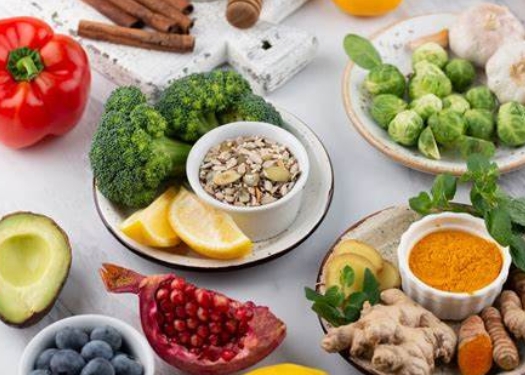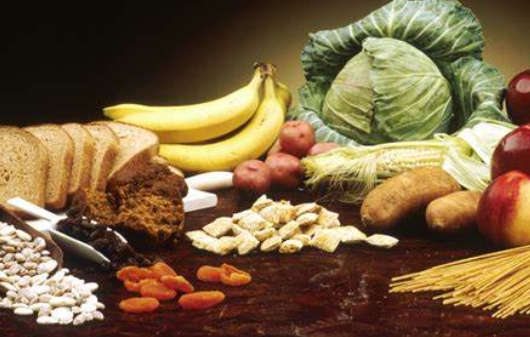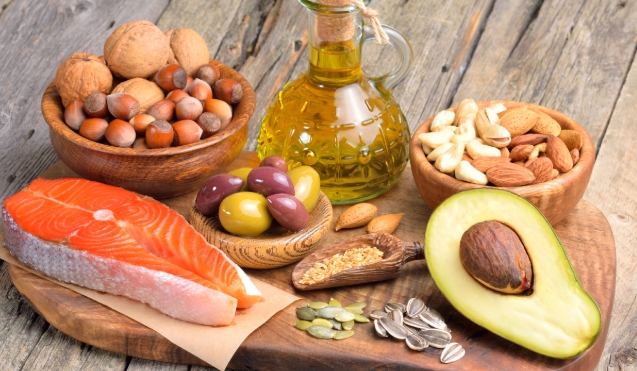In a world where we’re constantly exposed to germs and viruses, keeping our immune system strong is more important than ever. While there’s no magic food that will guarantee you’ll never get sick, a well-balanced diet can significantly support your immune function and help your body defend against illness. Here are some nutritional tips to help you naturally boost your immune system and stay healthy year-round.
First and foremost, vitamin C is one of the most essential nutrients for a healthy immune system. This powerful antioxidant plays a crucial role in stimulating the production of white blood cells, which are key players in defending the body against harmful invaders. Foods rich in vitamin C include citrus fruits like oranges, grapefruits, lemons, and limes, as well as strawberries, bell peppers, broccoli, and spinach. Adding these foods to your daily meals will ensure that your body has an adequate supply of this immune-boosting vitamin.
Vitamin D is another vital nutrient for immune health. It helps regulate the immune system and enhances the pathogen-fighting effects of immune cells. Low levels of vitamin D have been linked to an increased susceptibility to infections. The best way to get vitamin D is through sunlight exposure, but certain foods can also help. Fatty fish such as salmon, mackerel, and sardines are excellent sources of vitamin D, as are fortified dairy products, eggs, and plant-based milk. If you’re unable to get enough sun or these foods in your diet, you might consider a vitamin D supplement, especially during the winter months when sun exposure is limited.
Zinc is another critical nutrient that supports immune function by helping in the production and activation of T-cells, which are responsible for attacking infected cells. Zinc also plays a role in wound healing and reducing inflammation. Foods that are high in zinc include oysters, red meat, poultry, beans, nuts, seeds, and whole grains. Including these zinc-rich foods in your diet can help support your immune system’s ability to respond to infections.
Probiotics, the “good” bacteria found in fermented foods, are also important for immune health. The majority of your immune system resides in your gut, so keeping your gut microbiome balanced is key to maintaining strong immunity. Foods like yogurt, kefir, kimchi, sauerkraut, and miso are excellent sources of probiotics. Incorporating these foods into your meals can help regulate your gut health, support your immune system, and even improve your mood.
Antioxidants, such as those found in colorful fruits and vegetables, are also crucial for protecting the body from oxidative stress caused by free radicals. Free radicals can damage cells and weaken the immune system. Eating a variety of colorful fruits and vegetables, such as berries, carrots, sweet potatoes, kale, and spinach, will provide a broad range of antioxidants to help fight inflammation and support immune health.
In addition to these vitamins and minerals, it’s important to include healthy fats in your diet. Omega-3 fatty acids, found in foods like fatty fish, flaxseeds, chia seeds, and walnuts, help reduce inflammation in the body and promote the health of immune cells. A balanced intake of omega-3s and omega-6 fatty acids helps keep your immune system in check and supports overall health.
Don’t forget about the power of hydration. Staying hydrated ensures that your body’s systems, including the immune system, function optimally. Water helps transport nutrients throughout the body, flush out toxins, and maintain the fluid balance in your cells. Aim to drink plenty of water, herbal teas, and other hydrating fluids to keep your immune system functioning at its best.
Finally, eating a varied diet that includes all the necessary macronutrients—carbohydrates, proteins, and fats—is essential for overall immune health. Protein, in particular, is vital for the production of antibodies and immune cells that fight infections. Sources of lean protein like chicken, turkey, tofu, lentils, and beans help your body maintain strong immune defenses.
If you’re looking for ways to naturally boost your immune system, start by focusing on whole, nutrient-dense foods. A diet rich in fruits, vegetables, whole grains, lean proteins, and healthy fats can go a long way in supporting your immune function. Additionally, getting enough sleep, managing stress, and staying physically active are important lifestyle factors that also contribute to a healthy immune system.
In conclusion, there’s no quick fix when it comes to immune health, but by consistently eating a well-rounded, nutrient-rich diet, you can strengthen your body’s defenses and reduce the likelihood of getting sick. A healthy immune system doesn’t happen overnight, but with the right foods and lifestyle choices, you can ensure that your body is well-equipped to fight off illness and stay in peak health.





